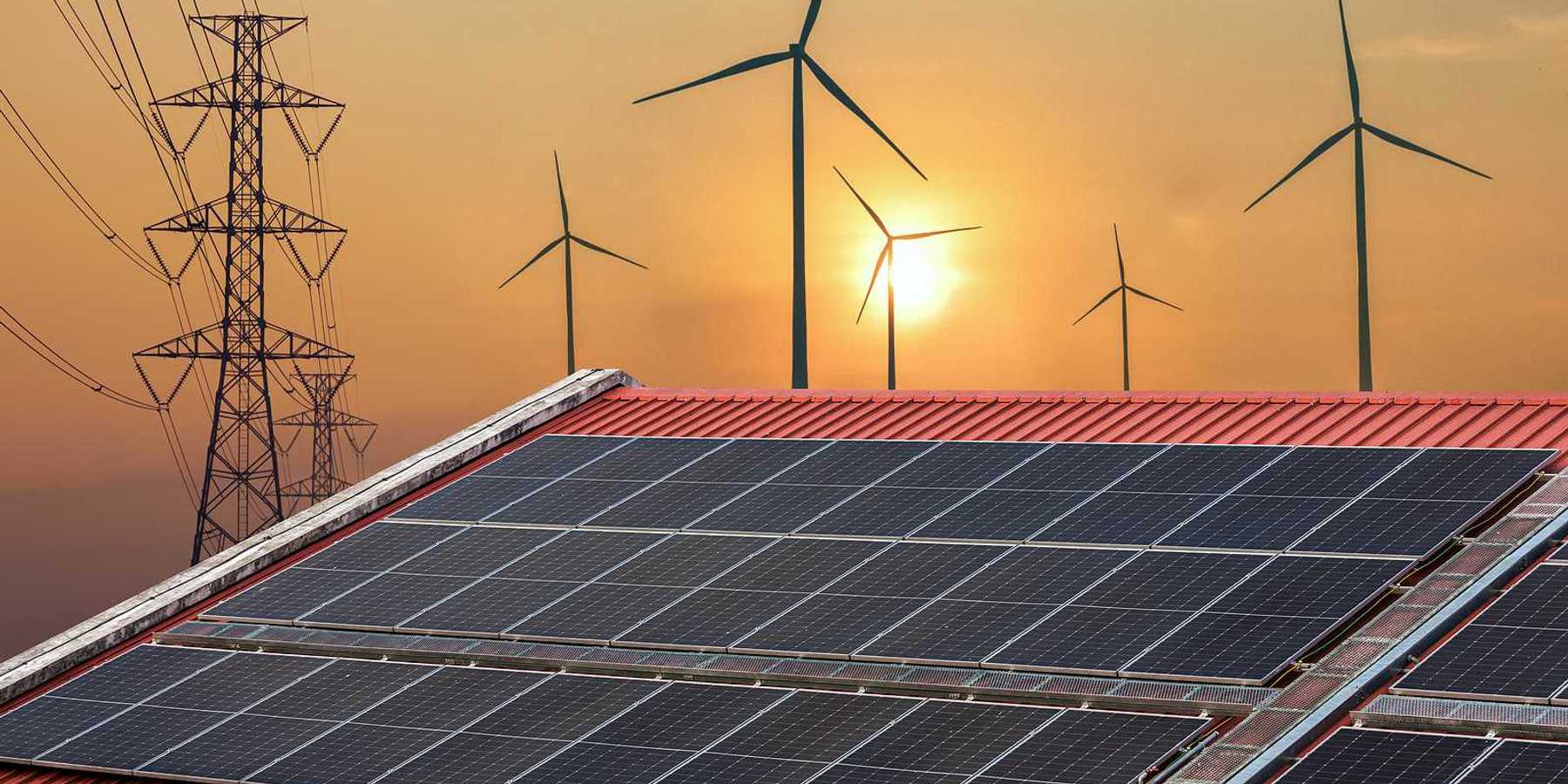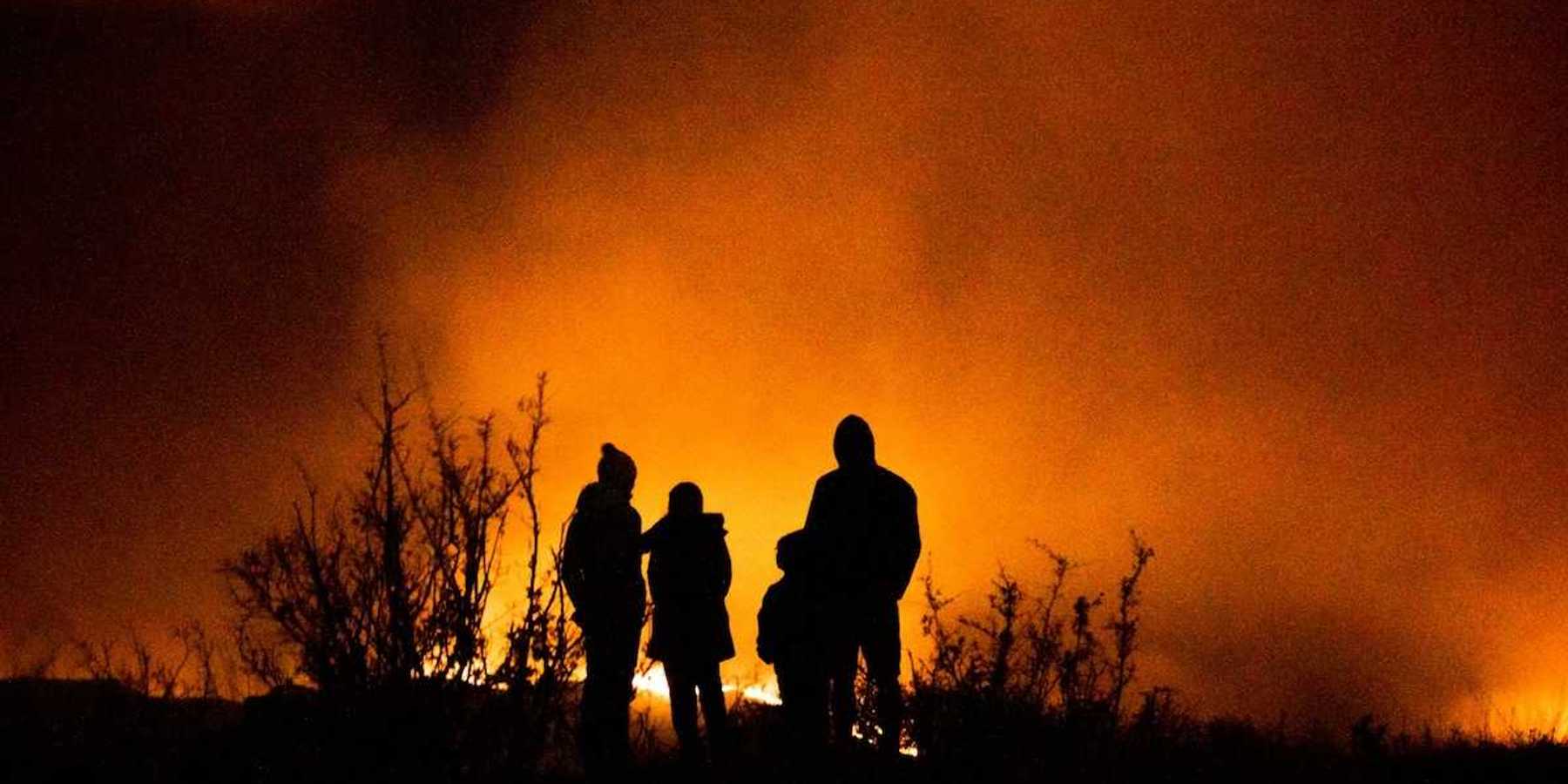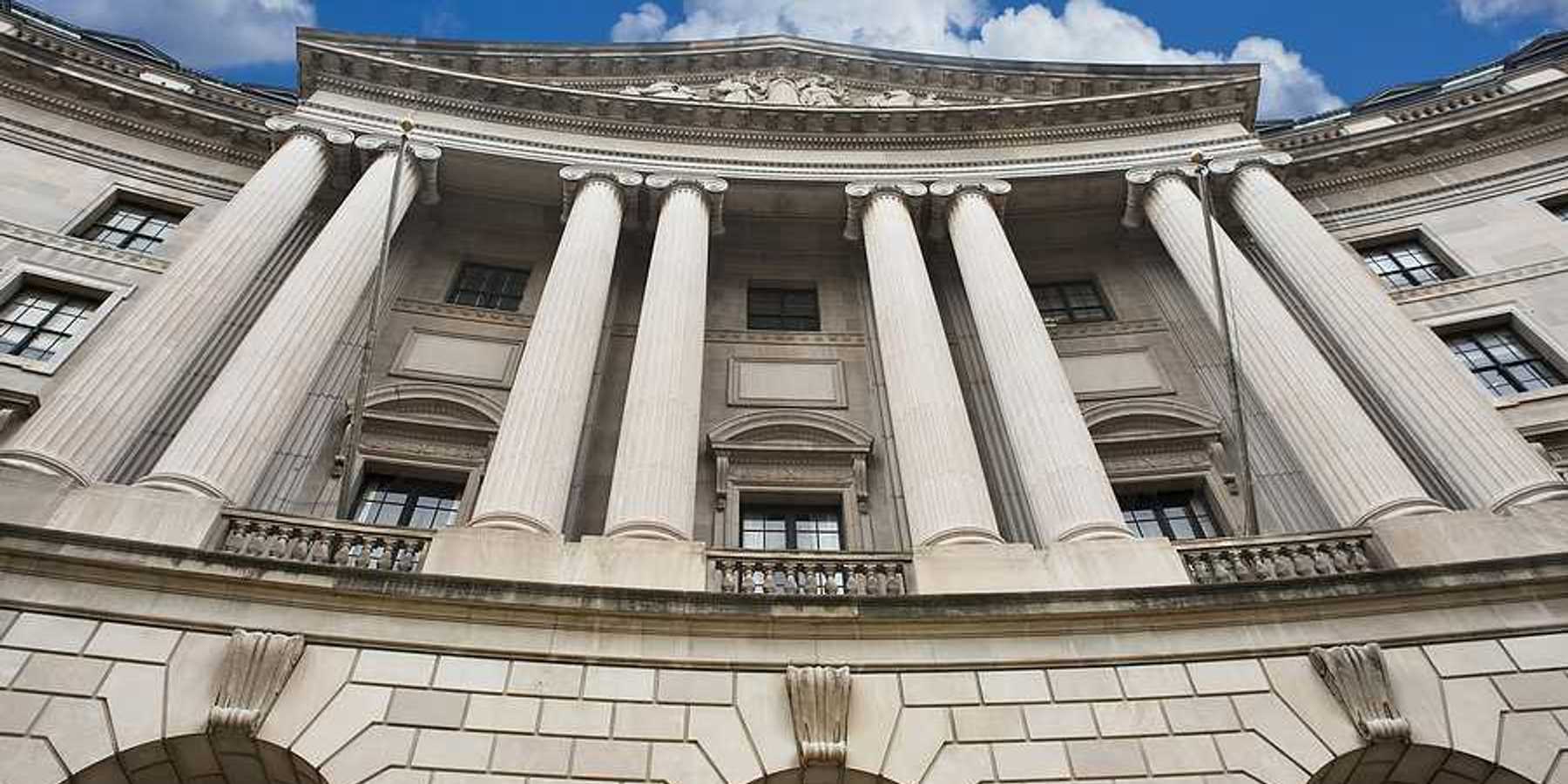Medellín's urban forest miracle
Medellín transforms its urban landscape with green corridors, showing the world how to beat urban heat.
Peter Yeung reports for Reasons to be Cheerful.
In short:
- Medellín's Green Corridors project has significantly lowered the city's temperature by planting trees and creating green spaces.
- This initiative has not only cooled the city by 2°C in three years but also improved air quality and increased biodiversity.
- The effort was led by the community, with support from city officials, and is seen as a model for other cities facing the heat island effect.
Key quote:
“Medellín grew at the expense of green spaces and vegetation. We built and built and built. There wasn’t a lot of thought about the impact on the climate. It became obvious that had to change."
— Pilar Vargas, a forest engineer working for City Hall
Why this matters:
Medellín's success in cooling its urban environment demonstrates a sustainable way to tackle the urban heat island effect, improving living conditions and health outcomes. As cities worldwide grapple with rising temperatures, this Colombian city's approach offers a blueprint for urban resilience and environmental stewardship.
Be sure to read about Tucson's ambitious tree planting goal aims to improve the health of residents, wildlife, and the watershed.













